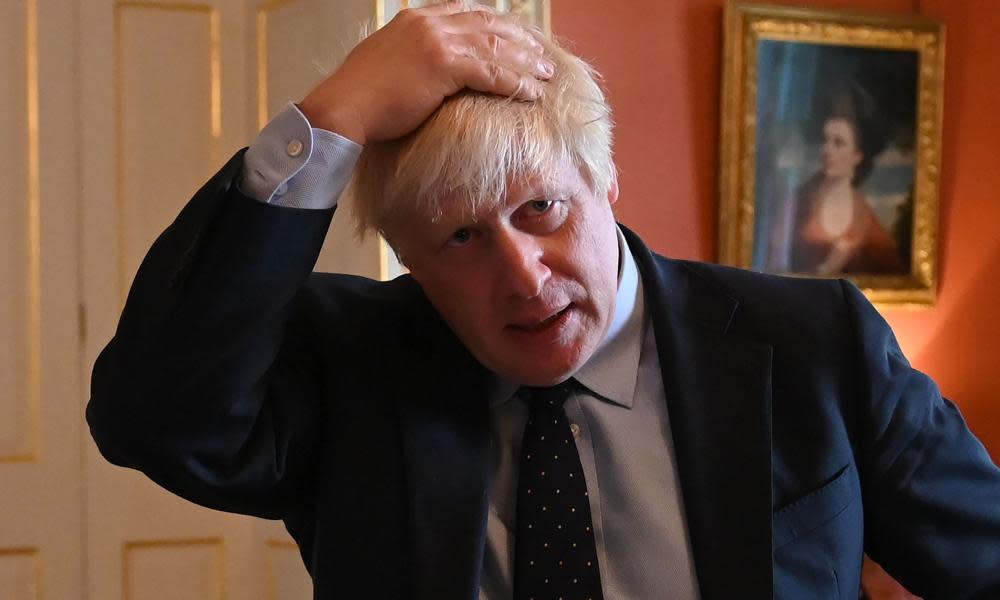Why the EU should stick to the Brexit deadline and rule out any extensions

British politics is in turmoil … again. Since 52% of the Brits who voted in the referendum opted to leave the EU on 23 June 2016, British politics has been essentially a single-issue game. But so has European politics. This is why, irrespective of whether and when new British elections will be held, the EU should reject any possibility of further extending the 31 October Brexit deadline.
A new extension of another few months only makes sense if a clear and realistic solution is just a matter of time. However, more than three years after the referendum vote, the UK remains deeply divided, at both the mass and the elite level.
Although preferences have remained relatively stable, despite three years of political turmoil, several polls show a change from a slight leave to a slight remain majority. However, polls that provide more options than just a binary choice show no clear majority for any one outcome. For instance, an April 2019 YouGov poll showed that a plurality (37%) preferred a new referendum, while almost a majority (49%) favored one of three forms of Brexit: no deal (26%), alternative deal (12%), and EU-offered deal (11%). A sizeable part (13%) said they didn’t know, and are probably as fed up with the discussion as most Europeans on the continent.
At the same time, neither of the two major parties has a clear or credible plan. The Tories want either a no-deal Brexit or Theresa May’s Brexit plan, both of which have been rejected (repeatedly) by the British parliament. And the Labour leader, Jeremy Corbyn, mainly wants new elections and the possibility of a new referendum without offering a new option to overcome the national division.
The only extension that would therefore make sense is an indefinite one, in which the EU gives the Brits as much time as they need to figure themselves out. But this assumes, as much of the Brexit debate does, that there are no costs connected to the political limbo that both the EU and the UK find themselves in. This is, of course, not the case.
So far, both the British and European debate has been focused on whether the UK will be satisfied with the final outcome of Brexit, especially around key questions like the Irish-UK border and immigration, as well whether leave voters will get the Brexit they voted for. Consequently, the interests of the roughly 17 million Brits who voted to leave the EU completely sideline not just the interests of the 16 million Brits who voted to remain in the EU, but also those of almost 500 million other Europeans. This is both irresponsible and undemocratic, at least from the perspective of the citizens and governments of the other 27 EU member states.
It is true that most Europeans want the UK to stay within the EU. But not at any cost. And costs there are. First and foremost, the political insecurity about the faith of British membership, and therefore the membership of the EU, has economic costs, with major companies delaying investment decisions – although so far some EU member states (like Germany and the Netherlands) have done good business at Britain’s expense. Second, massive amounts of bureaucratic and political resources have been wasted on responding to every serious Brexit proposal that comes out of London – which bureaucrats in all other member states, but particularly in those with close trade relationships with the UK, like Ireland and the Netherlands, have to take seriously, given the possibly devastating economic consequences.
And, third, the amount of time wasted on Brexit by the EU in general, and the European council in particular is not justifiable. The heads of government of all EU member states use the rare EU council meetings to set major policy goals for the EU, but since 2016, most meetings have discussed … you guessed it, Brexit. And this is happening at a time when both the economic and so-called “refugee crisis” are ongoing for member states like Greece and Italy; that the EU’s main economic and political ally, the United States, is governed by an anti-EU president, and its former enemy, Russia, is actively influencing elections across the EU. And that’s not even mentioning Iran, Israel and Kashmir.
Brussels has been suffering from a London syndrome since the initial shock of the EU referendum in 2016. Now, three years later, it is high time to break the stranglehold of its irresolute captor and to move on: with the Brits if possible, without them if necessary.
Cas Mudde is a Guardian US columnist and the Stanley Wade Shelton UGAF professor in the School of Public and International Affairs at the University of Georgia. His latest book is The Far Right Today

